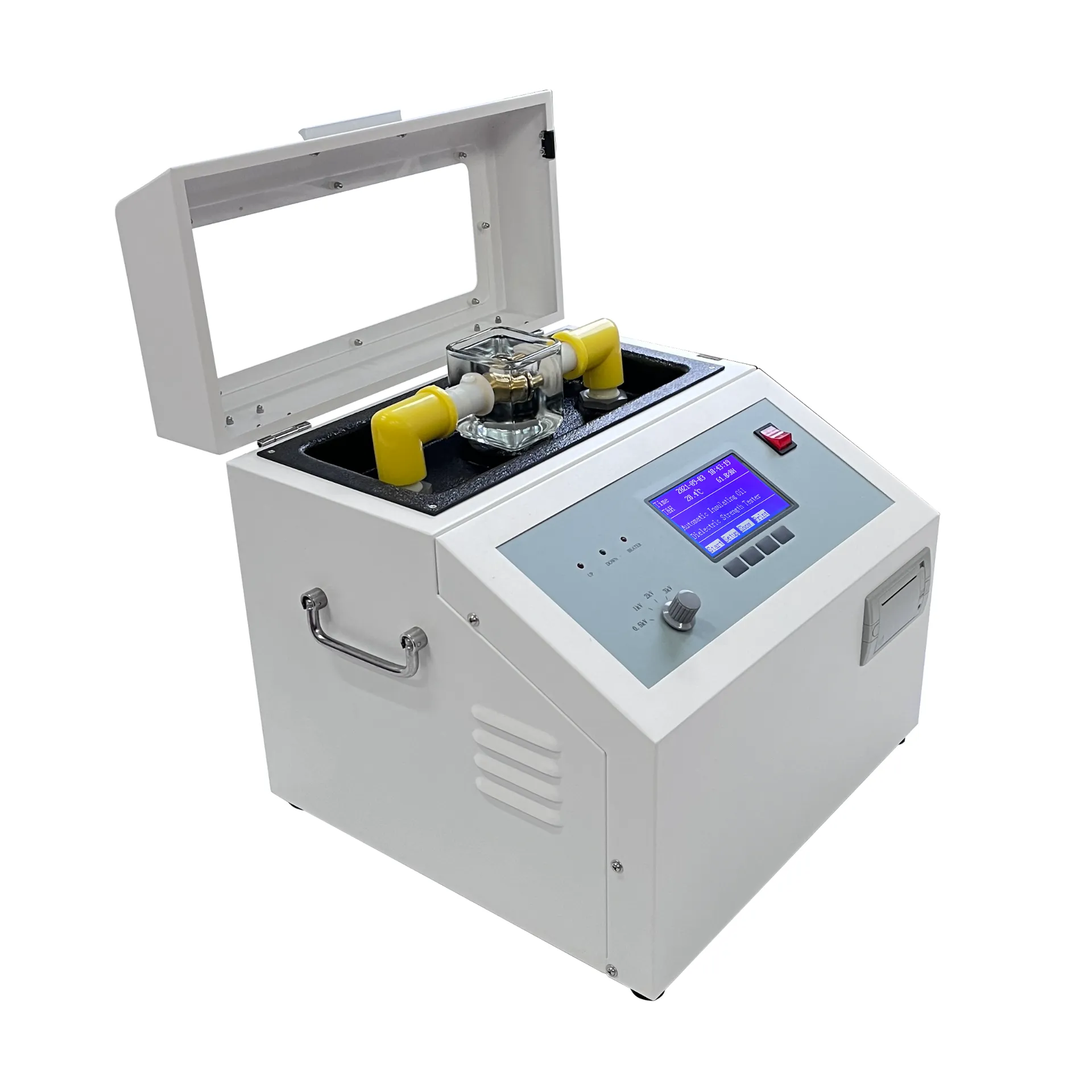 English
English



-
 Afrikaans
Afrikaans -
 Albanian
Albanian -
 Amharic
Amharic -
 Arabic
Arabic -
 Armenian
Armenian -
 Azerbaijani
Azerbaijani -
 Basque
Basque -
 Belarusian
Belarusian -
 Bengali
Bengali -
 Bosnian
Bosnian -
 Bulgarian
Bulgarian -
 Catalan
Catalan -
 Cebuano
Cebuano -
 China
China -
 China (Taiwan)
China (Taiwan) -
 Corsican
Corsican -
 Croatian
Croatian -
 Czech
Czech -
 Danish
Danish -
 Dutch
Dutch -
 English
English -
 Esperanto
Esperanto -
 Estonian
Estonian -
 Finnish
Finnish -
 French
French -
 Frisian
Frisian -
 Galician
Galician -
 Georgian
Georgian -
 German
German -
 Greek
Greek -
 Gujarati
Gujarati -
 Haitian Creole
Haitian Creole -
 hausa
hausa -
 hawaiian
hawaiian -
 Hebrew
Hebrew -
 Hindi
Hindi -
 Miao
Miao -
 Hungarian
Hungarian -
 Icelandic
Icelandic -
 igbo
igbo -
 Indonesian
Indonesian -
 irish
irish -
 Italian
Italian -
 Japanese
Japanese -
 Javanese
Javanese -
 Kannada
Kannada -
 kazakh
kazakh -
 Khmer
Khmer -
 Rwandese
Rwandese -
 Korean
Korean -
 Kurdish
Kurdish -
 Kyrgyz
Kyrgyz -
 Lao
Lao -
 Latin
Latin -
 Latvian
Latvian -
 Lithuanian
Lithuanian -
 Luxembourgish
Luxembourgish -
 Macedonian
Macedonian -
 Malgashi
Malgashi -
 Malay
Malay -
 Malayalam
Malayalam -
 Maltese
Maltese -
 Maori
Maori -
 Marathi
Marathi -
 Mongolian
Mongolian -
 Myanmar
Myanmar -
 Nepali
Nepali -
 Norwegian
Norwegian -
 Norwegian
Norwegian -
 Occitan
Occitan -
 Pashto
Pashto -
 Persian
Persian -
 Polish
Polish -
 Portuguese
Portuguese -
 Punjabi
Punjabi -
 Romanian
Romanian -
 Russian
Russian -
 Samoan
Samoan -
 Scottish Gaelic
Scottish Gaelic -
 Serbian
Serbian -
 Sesotho
Sesotho -
 Shona
Shona -
 Sindhi
Sindhi -
 Sinhala
Sinhala -
 Slovak
Slovak -
 Slovenian
Slovenian -
 Somali
Somali -
 Spanish
Spanish -
 Sundanese
Sundanese -
 Swahili
Swahili -
 Swedish
Swedish -
 Tagalog
Tagalog -
 Tajik
Tajik -
 Tamil
Tamil -
 Tatar
Tatar -
 Telugu
Telugu -
 Thai
Thai -
 Turkish
Turkish -
 Turkmen
Turkmen -
 Ukrainian
Ukrainian -
 Urdu
Urdu -
 Uighur
Uighur -
 Uzbek
Uzbek -
 Vietnamese
Vietnamese -
 Welsh
Welsh -
 Bantu
Bantu -
 Yiddish
Yiddish -
 Yoruba
Yoruba -
 Zulu
Zulu
Affordable Transformer Oil Testing Kit Prices and Options for Quality Assessment
Understanding Transformer Oil Testing Kit Prices
Transformer oil testing kits play a critical role in maintaining the reliability and safety of electrical infrastructure. These kits are used to assess the quality of transformer oil, which is essential for effective heat dissipation in electrical transformers. Given the importance of these testing kits, understanding their pricing is crucial for organizations looking to maintain or upgrade their electrical systems.
Factors Influencing Price
The price of transformer oil testing kits can vary widely based on several factors. One of the primary determinants is the type of tests the kit can perform. Basic kits may only test for dielectric strength and moisture content, while more advanced kits can assess a variety of parameters, including furan analysis, PCB content, and dissolved gas analysis (DGA). The more comprehensive the testing capabilities, the higher the price.
Additionally, the brand and manufacturer play significant roles in pricing. Established brands with a strong reputation may charge a premium for their products, reflecting the reliability and accuracy of their testing equipment. Lesser-known brands might offer lower prices, but potential buyers should consider factors such as customer support, warranty, and the kit's overall performance.
Types of Testing Kits
1. Basic Testing Kits These kits typically range from $100 to $500 and are sufficient for basic assessments. They include tools for measuring dielectric strength, moisture content, and possibly acidity levels.
2. Intermediate Testing Kits Priced between $500 and $1,500, these kits provide more detailed analysis capabilities. They could include features for DGA or furan analysis, allowing users to gain a deeper understanding of the oil's condition and predict potential failures.
transformer oil testing kit price

3. Advanced Testing Kits For organizations requiring in-depth analysis, advanced kits can cost anywhere from $1,500 to over $5,000. These units often come equipped with sophisticated technology to evaluate multiple parameters simultaneously and provide comprehensive laboratory-level analysis.
Additional Costs
It is also important to consider any additional costs associated with transformer oil testing. Many kits may require supplements, such as calibration fluids or specific reagents, which can add to the overall expense. Furthermore, depending on the frequency of testing, organizations might want to invest in training for personnel or hire external professionals, which can increase the overall budget.
The Value of Investing in Quality
While it might be tempting to opt for cheaper testing kits, investing in high-quality equipment can provide substantial long-term savings. High-quality kits often yield more accurate results, which can lead to better maintenance decisions and a longer lifespan for transformers. Inadequate testing may result in overlooking issues that could lead to costly repairs, transformer failures, or even catastrophic accidents.
Conclusion
In summary, the price of transformer oil testing kits can range widely, influenced by factors including capabilities, brand reputation, and additional expenses related to usage. Organizations must carefully consider their needs, the complexity of the electrical systems they operate, and the potential consequences of inadequate testing. Ultimately, investing in a reliable transformer oil testing kit can enhance the safety and efficiency of electrical systems, making the initial expenditure worthwhile in the long run. As electrical infrastructure continues to evolve, so too will the technologies surrounding transformer oil testing, and staying informed about these developments is essential for all stakeholders in the electrical industry.
-
Ensuring SF₆ Gas Safety: Introducing PUSH’s Integrated SF₆ Analyzer for Dew Point, Purity, and Decomposition MonitoringNewsJul.10,2025
-
Exploring the Main Types of Industrial Endoscopes and Their Applications Across IndustriesNewsJul.04,2025
-
Testing Equipment Industry Sees Major Advancements in 2025: Smart & Precision Technologies Lead the WayNewsJun.06,2025
-
Applications of Direct Current Generators in Renewable Energy SystemsNewsJun.05,2025
-
Hipot Tester Calibration and Accuracy GuidelinesNewsJun.05,2025
-
Digital Circuit Breaker Analyzer Features and BenefitsNewsJun.05,2025



